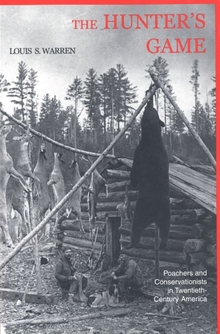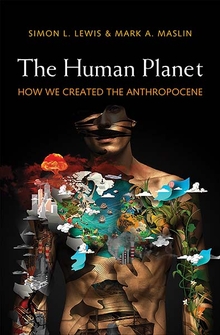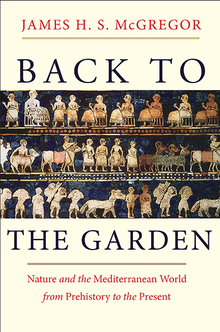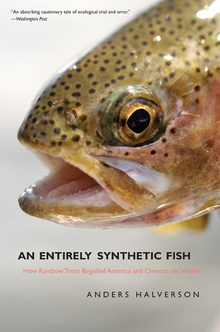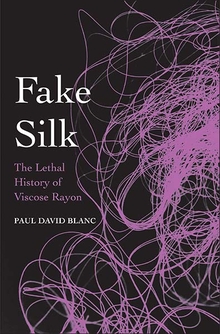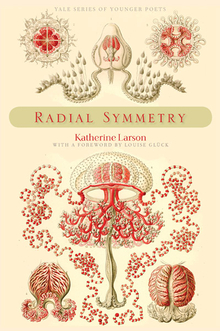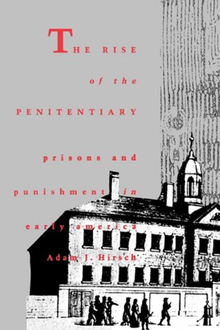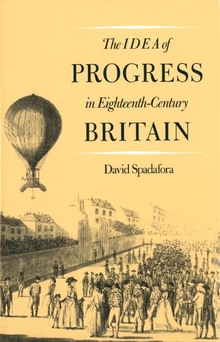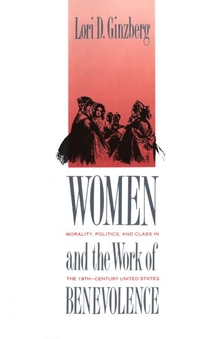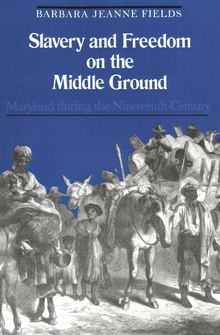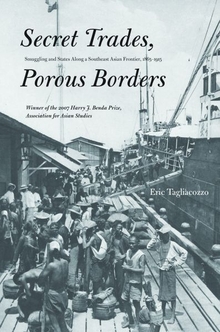The Hunter's Game
WARNING
You are viewing an older version of the Yalebooks website. Please visit out new website with more updated information and a better user experience: https://www.yalebooks.com
Poachers and Conservationists in Twentieth-Century America
Louis S. Warren
The Hunter's Game reveals that early wildlife conservation was driven not by heroic idealism, but by the interests of recreational hunters and the tourist industry. As American wildlife populations declined at the end of the nineteenth century, elite, urban sportsmen began to lobby for game laws that would restrict the customary hunting practices of immigrants, Indians, and other local hunters. Not surprisingly, poor subsistence and market hunters resisted, sometimes violently. Dramatic shifts in deer and elk populations—the result of complex environmental dynamics—further complicated the struggles. Warren concludes that the history of wildlife conservation sheds much light on the tensions between local and national priorities that pervade twentieth-century American culture.
"Louis Warren's The Hunter's Game takes case-study environmental history to new levels, but it does more than that. Through century-old stories that sound strikingly modern, it shows how local, rural, and (often) Indian uses of wild animals were replaced by a form of national 'commons' in a process long been hailed as a triumph of conservation. The resulting resentments clarify better than any book I've read just how they the Old West is hotwired to the New one."—Dan Flores, A.B. Hammond Professor of Western History, University of Montana
"The energy and originality of Louis Warren's interpretations match the freshness and vitality of the stories he tells. Using conflicts over wildlife and hunting as his parables, Warren draws out lessons of great import: on the relationship between the federal government and local communities; on continuity in Western American history; and on the ways in which the two strands of life we call 'humanity' and 'nature' have woven themselves into a remarkable tangled knot. If anyone wonders what 'using historical perspective to illuminate our current dilemmas' might mean in practice, this the book to read."—Patricia Nelson Limerick, Professor of History, University of Colorado, author of The Legacy of Conquest
"Warren argues persuasively that hunting regulations [at the turn of the century] caused enduring political restiveness because they represented ‘one of the most starting examples of how the nation acquired power over the most intimate of relationships between people and nature.’"—Keith Schneider, New York Times Book Review
"Warren’s book is fine social history. . . . Anyone with an interest in ecology or conservation (not to mention social history) will find it well worthwhile."—John Linsenmeyer, Greenwich Time
"An interesting and rather detailed historical account of the socio-political, economic and ecological forces driving the evolution of current wildlife management policy and practice in the United States, which are at once the one of the more robust and paradoxical anywhere on earth."—Carlos A Peres, Environmental Politics
"Warren's accomplishment is a masterful integration of social and environmental history. His work is original, important, and sure to have significant policy applications."—Richard White
Publication Date: September 10, 1999

